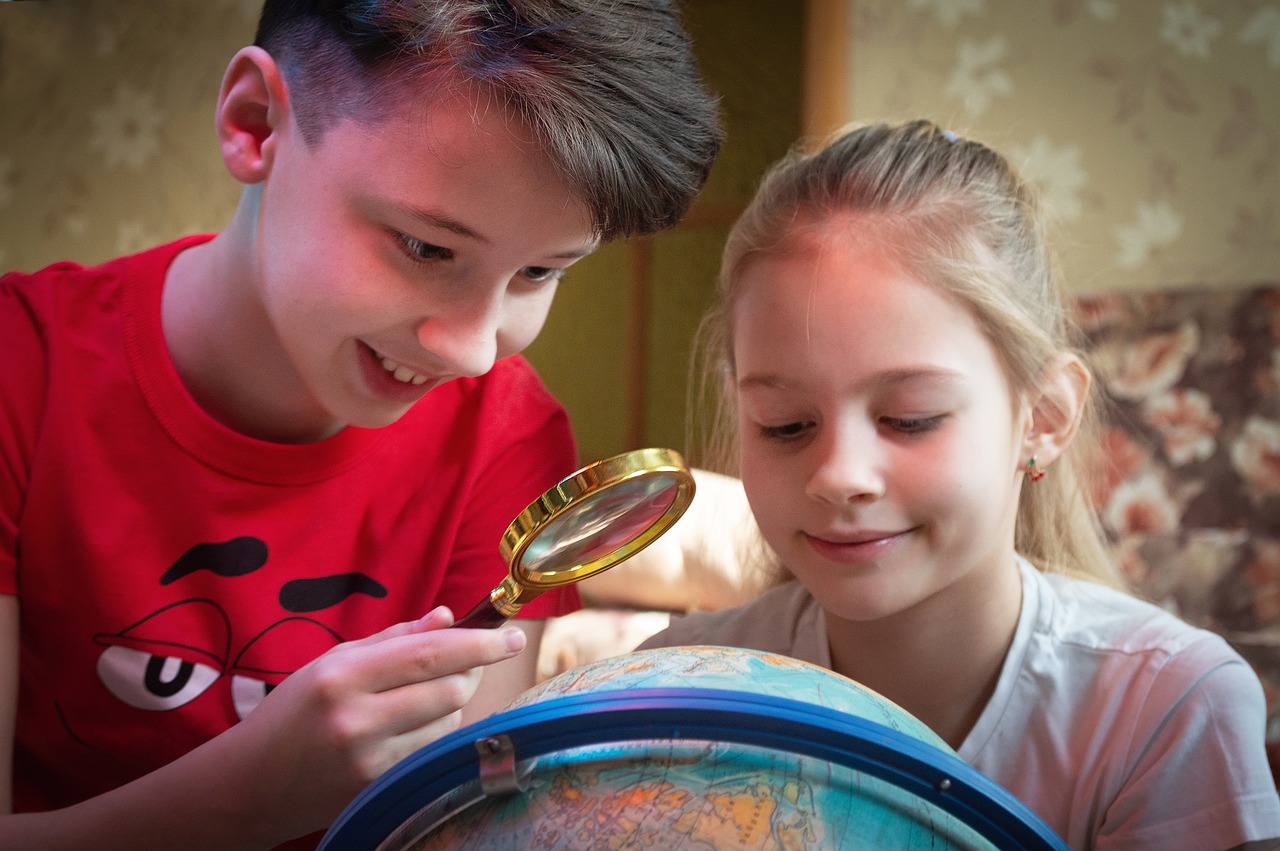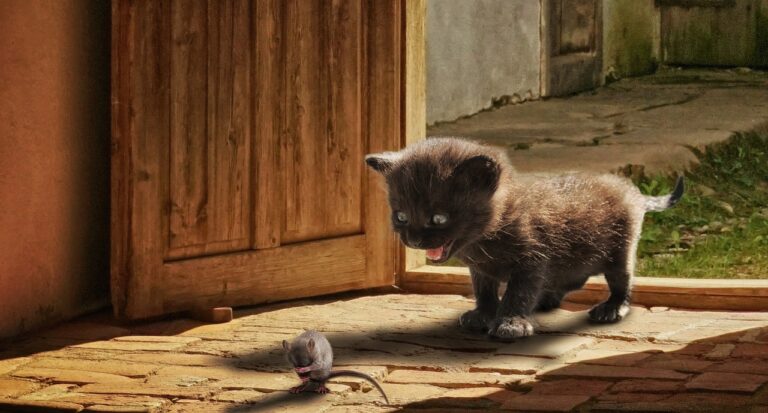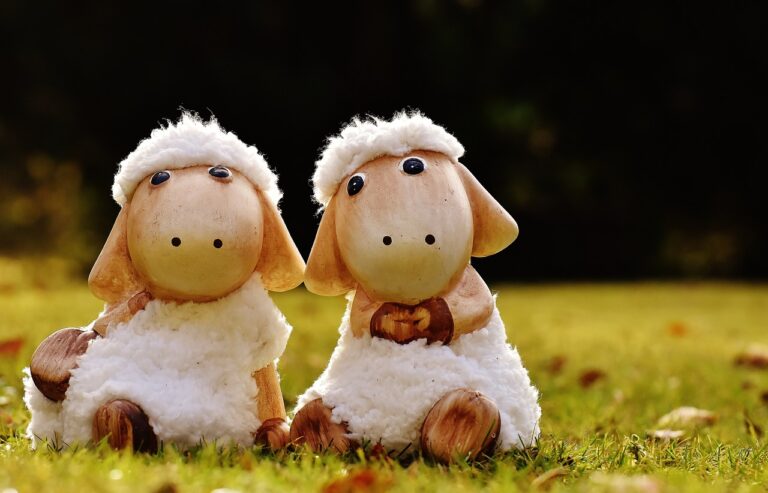The Psychology of Nostalgia in Entertainment Consumption
Memories play a significant role in shaping our entertainment preferences, influencing the types of movies, TV shows, music, and activities we are drawn to. When we connect with a particular form of entertainment on an emotional or nostalgic level, our memories can act as a guiding force in selecting what we consume. For example, a childhood memory of watching a beloved cartoon may lead an individual to seek out similar animated shows as an adult, linking their present preferences to past experiences.
Our memories are deeply intertwined with our sense of identity and personal experiences, making them a powerful factor in determining what we find enjoyable and engaging in the realm of entertainment. As we recall positive associations or emotions tied to specific genres, characters, or themes, our preferences may become more defined and refined over time. This intricate interplay between memory and entertainment choices highlights the intricate ways in which our past experiences continue to shape our present-day decision-making processes.
The Influence of Nostalgia on Consumer Behavior
Nostalgia holds a powerful sway over consumer behavior, influencing purchasing decisions in various industries. The emotional connection to past experiences and memories prompts individuals to seek out products or experiences that evoke feelings of nostalgia. Brands often capitalize on this emotional response by incorporating elements of nostalgia into their marketing strategies, tapping into consumers’ desire for familiarity and comfort.
Furthermore, nostalgia can create a sense of continuity and connection between the past and present, allowing individuals to reminisce about cherished memories and relive positive feelings. This emotional resonance not only influences consumer preferences but also enhances brand loyalty as individuals form deeper attachments to products or services that evoke nostalgic sentiments. By leveraging nostalgia in marketing campaigns, brands can forge stronger relationships with consumers and establish lasting connections based on shared experiences and emotions.
How Childhood Experiences Impact Entertainment Choices
Childhood experiences play a significant role in shaping individual preferences for entertainment. The activities, shows, and movies we were exposed to during our formative years can have a lasting impact on the types of entertainment we gravitate towards as adults. For instance, a person who grew up watching animated films may continue to have a preference for animated content in their entertainment choices.
Moreover, childhood experiences can also influence the emotional connection we feel towards certain types of entertainment. For example, a person who has fond memories of watching a particular TV show with their family may be more inclined to seek out similar shows that evoke feelings of nostalgia and comfort. These emotional connections formed during childhood can shape our preferences and choices when it comes to selecting entertainment options.
How do childhood experiences impact entertainment choices?
Childhood experiences can shape our preferences for certain types of entertainment, as they are often tied to nostalgic memories and emotional connections from that time.
How does memory play a role in shaping entertainment preferences?
Memory can influence our entertainment choices by reminding us of past experiences and emotions associated with certain types of media or genres.
Can nostalgia impact consumer behavior when it comes to entertainment choices?
Yes, nostalgia can have a significant influence on consumer behavior, leading individuals to gravitate towards entertainment options that evoke positive memories from childhood.
Are there specific ways in which childhood experiences influence entertainment choices?
Yes, childhood experiences can influence entertainment choices through the development of preferences for certain genres, characters, or themes that were enjoyed during that time.







